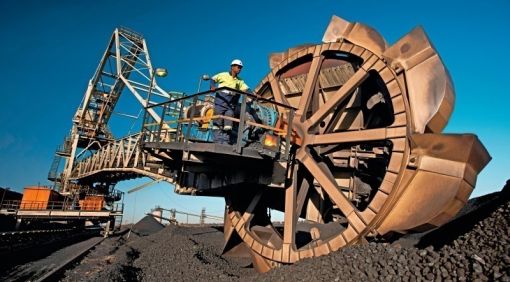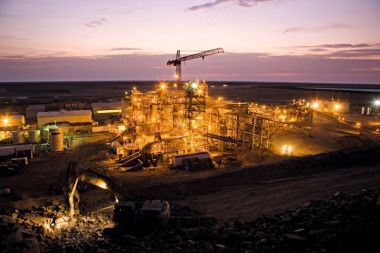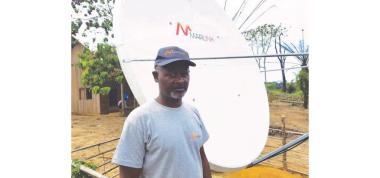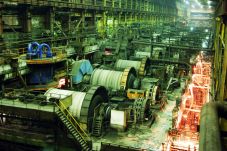Roskill Releases Its New Mozambique African Mining Report
Roskill is releasing its new Mozambique African Mining Report (AMR). The AMR report series is essential reading for anyone requiring a comprehensive overview of African mining.
Mozambique is generally viewed as a success story. Since the 1970s, the country has gained independence, overcome civil war, and developed into to be one of the fastest growing economies in Africa. Though relatively poor, Mozambique's economy has grown at an average of over 7 %/y over the decade to 2015. After 16 years of post-independence civil conflict, Mozambique held its first multi-party democratic elections in 1994. Since then, the country has enjoyed relative stability and an upturn in the economy. Mining activities that stopped during the conflict resumed in earnest in the early 2000s.
The extractive sector currently represents less than 4 % of economic activity but has scope to grow considerably. With recent exploitation of vast coal reserves in Tete, discoveries in Niassa, and world-class natural gas deposits in the Rovuma basin, the mining and natural resources sectors are poised for growth. In the period between 2010 and 2015, over US$ 10 bn was invested in these sectors – with a further US$ 34 bn set to be invested to 2020.
The recent discovery of huge reserves of minerals resources, combined with ongoing reforms and subsequent improvement of the business climate in Mozambique, provide good opportunities for the transformation of the country into a middle-income nation. The country is host to gold, copper, nickel, iron ore, bauxite, graphite, rare earth minerals, lithium, bismuth and antimony, as well as world-class coal deposits and both onshore and offshore natural gas deposits. The new mining law and petroleum law have provided clarity and transparency, and Mozambique possesses huge potential to provide both the power and water resources necessary to develop the mining industry.
However, there are current downside risks to the mining sector in Mozambique, most notably the lack of proper infrastructure, which results in an inability to meet the demands of the mining sector. Falling global commodity prices, coupled with infrastructure bottlenecks associated with connecting the hinterland areas rich in natural resources to the ports, has delayed the unlocking of the true value of the country's natural resources riches. Major investment in the country is most likely to come from the development of the LNG plants to process the huge reserves in the Rovuma basin. The delay of both the Anadarko and Eni projects is a cause of concern.
Another pressing issue is increasing political instability. October 2014 elections saw the election of President Felipe Nyusi of the Frelimo party. Historically, Mozambique has been governed by the leaders of the liberation struggle, and President Nyusi is the first that did not actively participate in the Mozambican War of Independence. It was hoped that his election would bring about increased political stability. However, the status quo has not changed much. Renamo, the largest opposition party in the national assembly (parliament), contested the validity of the election result. The party has demanded to govern the six provinces in which it enjoys the majority of local support. In an escalation of tensions between old civil war foes, army operations began in Tete Province in October 2015, and thousands have fled to bordering Malawi fearing violence and harassment from government soldiers. The Mozambique government has set-up a cross-party fact finding mission to interview refugees and establish the true facts on the ground. The resolution of these tensions is essential for creating the conditions to attract investment in the country.
It is vital that the government works to improve infrastructure and security issues as well as other challenges such as improving education and healthcare - in order to continue to attract investment, develop its mining sector, and continue on the path of economic growth and poverty reduction.
Benin, Burkina Faso, Namibia and Malawi reports are also available from Roskill Information Services. You can also pre-order or download the brochures of upcoming reports: Togo and Senegal.




